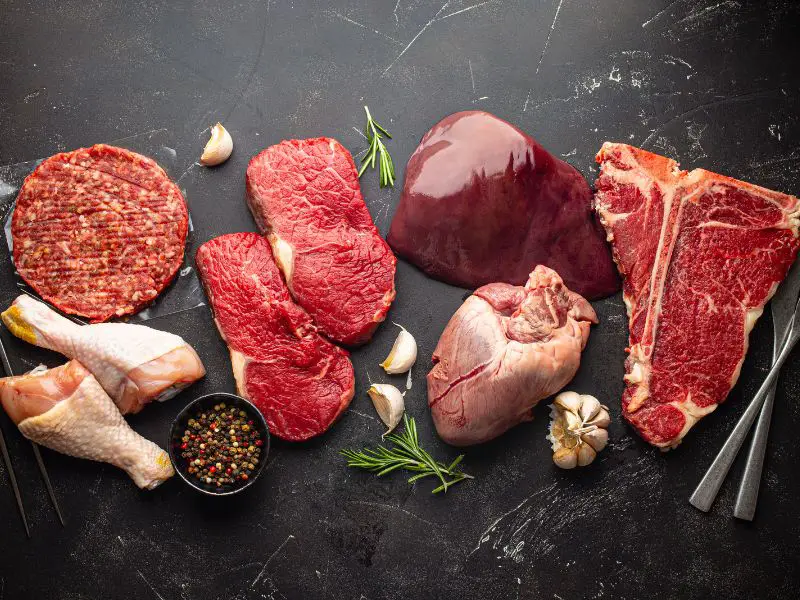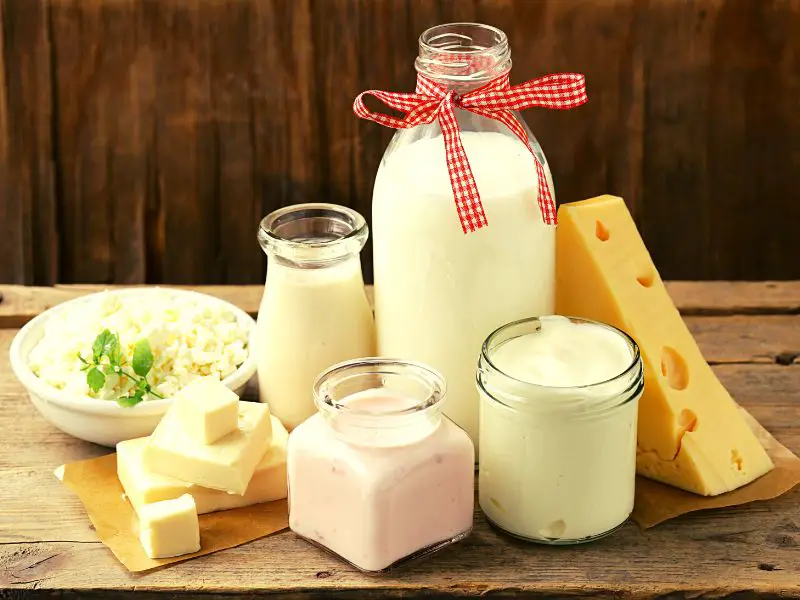The carnivore diet is not for the faint of heart. This eating plan, sometimes known as the “no-carb diet,” consumes meat solely and, on certain occasions, eggs, and dairy products.
There are variations to the carnivorous diet. Some people will eat any meat, while others have cut out all but beef. Some people add salt, whereas others don’t. However, it typically means eliminating vegetables, fruits, grains, dairy, sweets, and processed foods.
Some individuals use it to lose weight. Others anticipate a cure for their chronic condition. For some, it is an act of rebellion against the health industry, while for others, it is a method to demonstrate one’s masculinity. For a few, it’s gastronomic liberty in the face of the new vegan trends.
But would eliminating all fruits, vegetables, nuts, legumes, and grains be the solution? Typically, if something appears too good to be true, it is. In this article, we’ll point out the benefits of the carnivore diet, some risks, and how to follow the diet.
The Carnivore Diet
The Carnivore Diet is limited to meat, fish, eggs, and some dairy products. It eliminates fruits, vegetables, legumes, grains, nuts, and seeds.
It is a widely held but contentious theory that our ancestors lived mainly on meat and fish and that high-carb diets are to blame for the high rates of chronic disease in today’s society. This theory gave rise to the controversial Carnivore Diet.
To this day, there are not many available scientific studies that have examined the impact of the carnivore diet on human health.

What are Some of the Benefits of the Carnivore Diet?
Followers of the carnivore diet claim it provides several health advantages and enhances the body’s natural processes.
Advocates claim that it can improve your:
- Anxiety
- Pain
- Depression
- Body weight
- Diabetes
- Skin issues
- Digestive issues
- Arthritis
Many individuals who go for the carnivore diet are looking to lose weight.
According to the European Journal of Nutrition research, low-carb diets function on the concept that lower blood sugar levels induce ketosis, or fat burning, in the body.
This is thought to result in weight reduction.
However, the carnivore diet may help reduce weight in the same way that many other diets do – by avoiding certain unhealthy foods.
What Are the Risks of Overeating Meat?
The carnivore diet is, at its foundation, a very restricted eating plan.
When you exclude whole categories of foods from your diet, you practically guarantee that there will be adverse effects on your body. And the risks grow far more severe than the inability to poop.
As Patton pointed out, “If you have a pre-existing chronic condition, like high blood pressure, high cholesterol, or any history of stroke or other cardiovascular diseases, you should not try this diet.” This diet can also worsen digestive issues because protein and fat take longer to digest.
The carnivore diet is excessive in saturated fats, which can lead to elevated levels of LDL, which is referred to as “bad cholesterol.” This can also put you at an elevated risk of getting cardiovascular disease.
In addition, a wide variety of processed meats, such as bacon and some types of lunch meat, are high in salt and have been associated with developing certain forms of cancer.
Moreover, a diet heavy in salt can lead to renal issues and high blood pressure.
Following the Carnivore Diet
People who adhere to the carnivore diet eat differently. But most importantly, all the meals must come from animal sources.
Some people consume only a single variety of meat. At the opposite end of the spectrum, people eat a variety of meats and even dairy products as part of their diet.
Foods to eat:
- Lamb, chicken, beef, pork, turkey, and organs.
- Herring, oysters, crabs, salmon, mackerel, tuna
- Cheese, butter, heavy cream, parmesan, etc
- Water

Foods that are probably okay to eat:
- Coffee and tea (Although plant-based, some keep these on their diet)
- Yogurt
- Milk
- Cheese
Foods not okay to eat:
- Vegetables, fruit, seeds, nuts, legumes
- Bread, grains, pastries, etc
- alcohol, sugar, additives
- lab-grown meat and meat alternatives
Withdrawals of the Carnivore Diet
Before you start the carnivore diet, it’s vital to consider that the first month (especially the first week) will be the most challenging.
To make the journey smoother, here are a few things you should know:
Get a Blood Test
Get a blood test before starting the diet, and at regular intervals to ensure you are not getting low iron levels or becoming deficient in other vitamins and minerals. Your physician can advise you on this. Also, get a test for your cholesterol levels to ensure no significant rise in your LDL levels due to the change in your diet. Again your doctor can advise you on this. Everyone has different metabolic needs, so it’s essential to know if the diet works well with your body.

Don’t Quit if You’re Not Feeling Too Well
During the first week of the diet, you’ll feel lethargy, headaches, and other symptoms similar to the flu. This is normal, as your body adjusts to using fats for energy rather than carbohydrates.
Expect Shifts in Your Appetite
You may find yourself ravenously hungry some days and not hungry on others. This is common too. Remember that you are burning fat for energy rather than carbs, so you may feel hungrier as you lose stored carbs in your system. Once your body adapts to the diet, your appetite will return to normal.
Author’s Note
In conclusion, you should avoid this diet plan unless you are willing to see your doctor regularly to check up on your health. Following a carnivorous diet plan may have some health benefits if followed correctly. However, the risk outweighs the benefits if you already suffer from any health condition. But remember, you should first seek trusted advice before trying something as drastic as the carnivore diet to improve your health.
Related: 13 Healthy Sweet Snacks, 10 Most Powerful Superfoods, 10 Healthiest Fast Food Options in the US

1 thought on “Things to Know About the Carnivore Diet: Its Benefits and Risks”